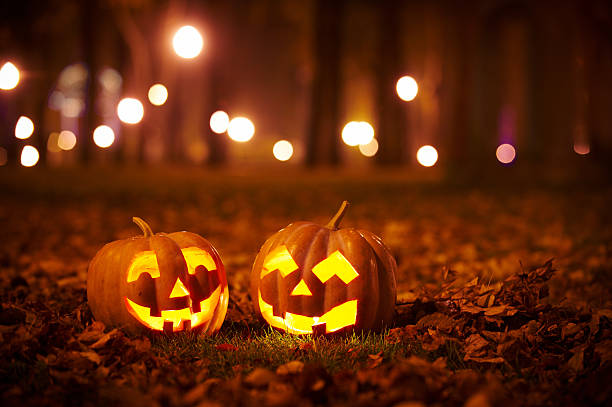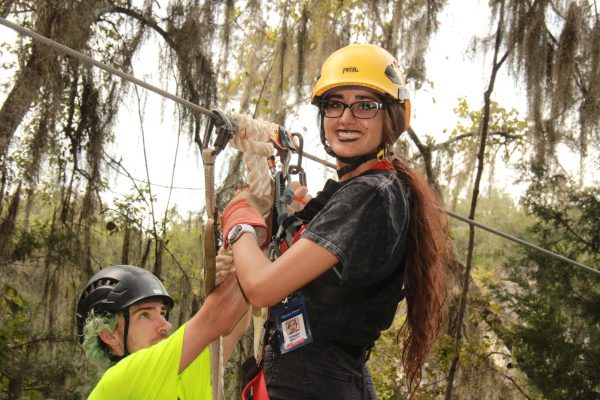Halloween, celebrated on October 31, is a holiday often misunderstood by many, with some associating it with evil or occult practices. However, the roots of Halloween tell a different story, one of cultural traditions and centuries-old customs that have evolved into a fun, community-focused event.
Ancient Beginnings: The Festival of Samhain
The origins of Halloween can be traced back over 2,000 years to the ancient Celtic festival of Samhain (pronounced “sow-in”), a celebration marking the end of the harvest season and the beginning of winter. The Celts, who lived in what is now Ireland, the United Kingdom, and northern France, believed that on the night of October 31, the boundary between the worlds of the living and the dead became blurred. To ward off harmful spirits and honor deceased ancestors, they lit bonfires and wore costumes, often made of animal skins.
Christian Influence: All Saints’ Day and All Hallows’ Eve
As Christianity spread across Europe, particularly in regions where the Celts lived – such as Ireland, Britain and parts of France – the Church sought to integrate local pagan festivals with Christian traditions. In the 8th century, Pope Gregory III designated Nov. 1 as All Saints’ Day, a day to honor saints and martyrs (_). The night before All Saints’ Day became known as All Hallows’ Eve, eventually evolving into Halloween. The Church’s influence helped transform many of the Samhain traditions into a blend of Christian and Celtic practices, while still maintaining some of the original customs like dressing in costumes and lighting fires.
A Shift Toward Community and Fun
In the 19th century, Halloween began to spread to America with Irish and Scottish immigrants, who brought their customs with them. The celebration gradually shifted from its more solemn roots to one focused on community. By the early 20th century, Halloween had become less about spirits and more about children dressing up in costumes, trick-or-treating, and enjoying harmless pranks. Today, it is primarily a secular holiday that brings people together for fun and creativity.
Addressing the Myths
Despite its associations with supernatural imagery, Halloween in its modern form is largely viewed as a secular, community-oriented event. While some individuals or religious groups may still regard the holiday with concern due to its ancient connections with spirits or its use of symbols like witches and ghosts, many of today’s celebrations are focused on costumes, trick-or-treating and festive gatherings. These traditions are seen by many as playful rather than a reflection of any occult practice. Halloween now serves as an opportunity for families and communities to come together, engage in creative activities and enjoy the fun aspects of the fall season.
A Holiday Rooted in Tradition
Halloween is a cultural celebration with deep roots in history, reflecting a blend of harvest festivals and religious observances. It has evolved into a day of fun activities, where creativity and imagination are encouraged. Far from being an evil holiday, Halloween offers a chance for people of all ages to embrace light-hearted traditions and enjoy the sense of community that it fosters.




